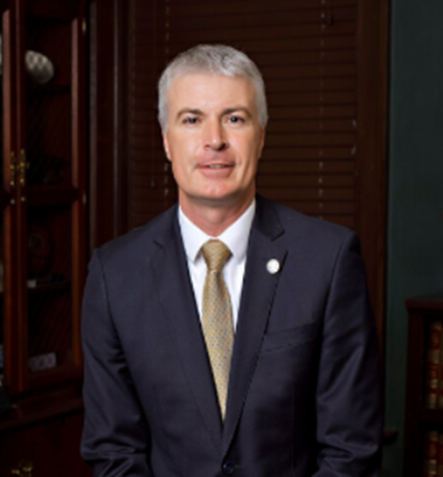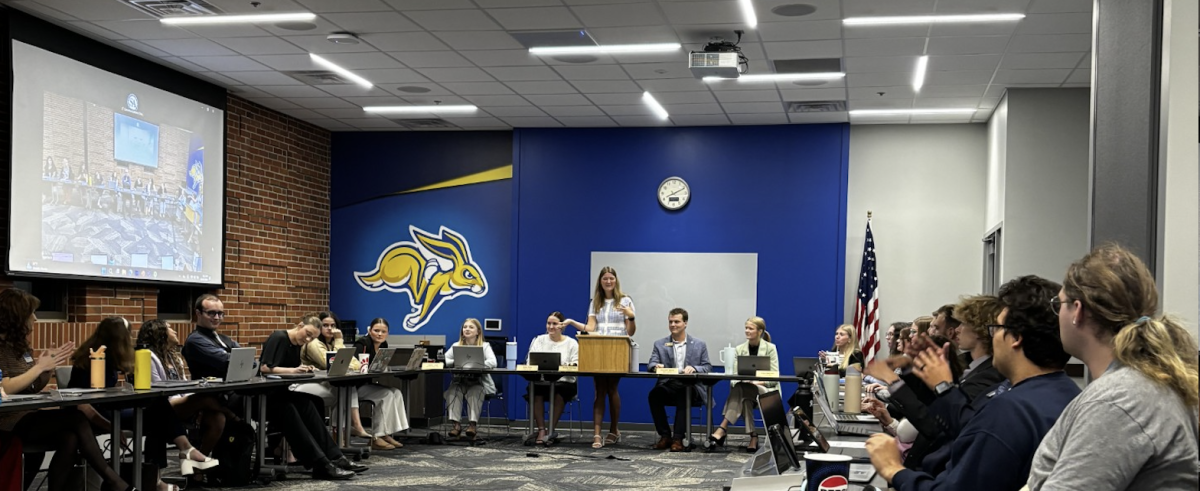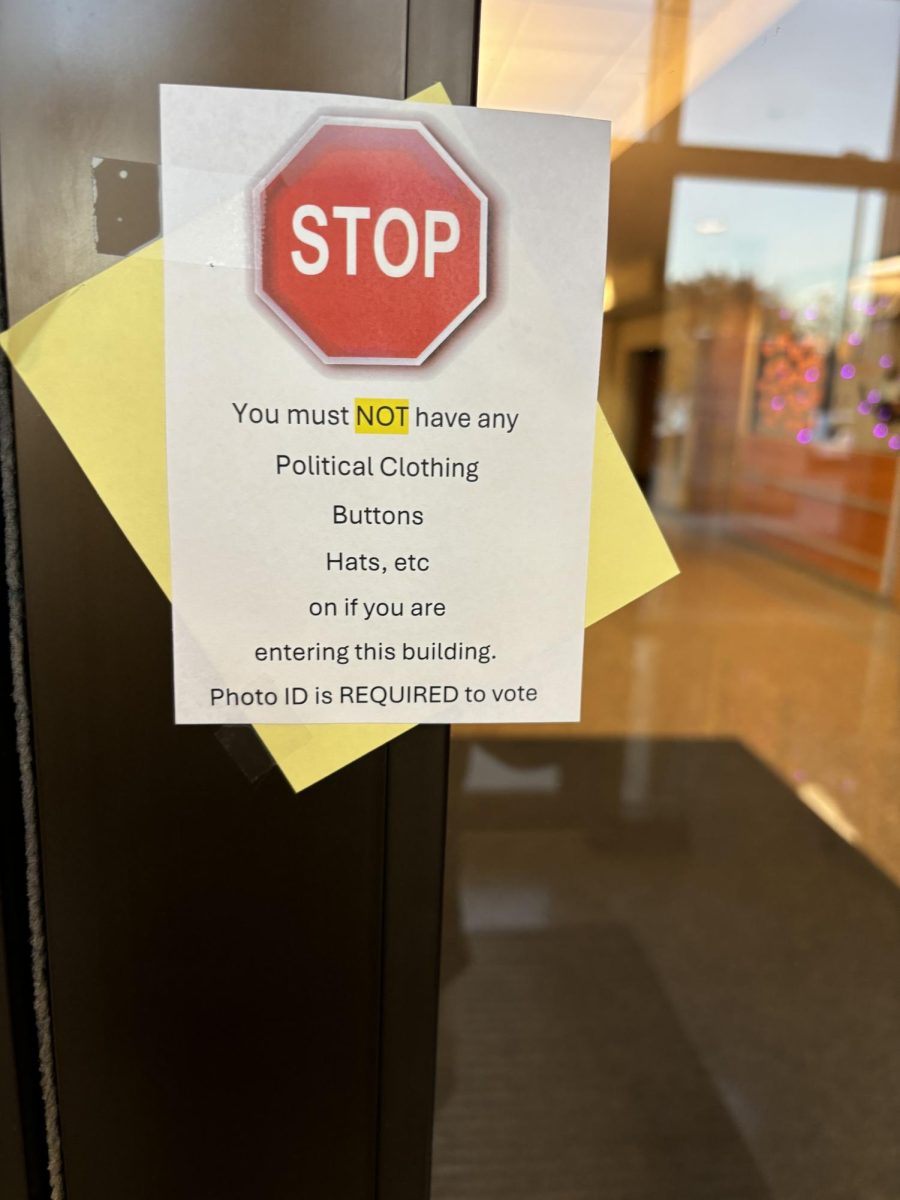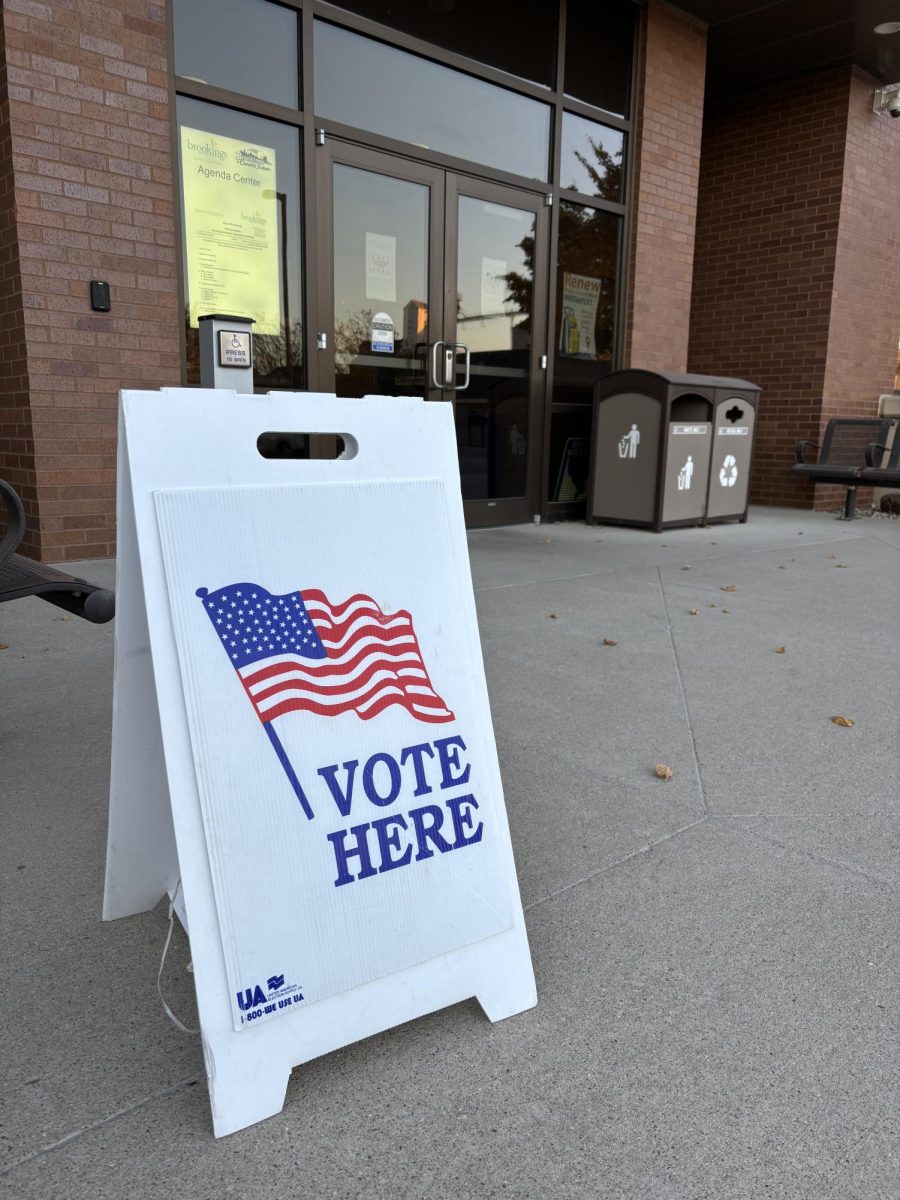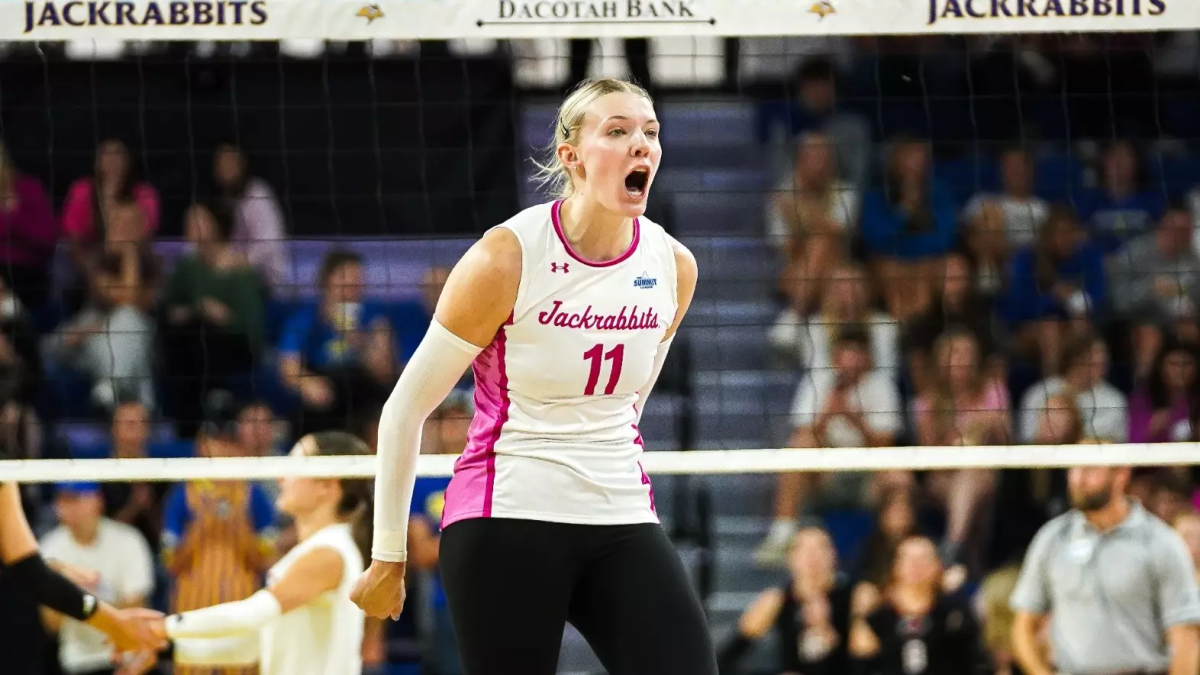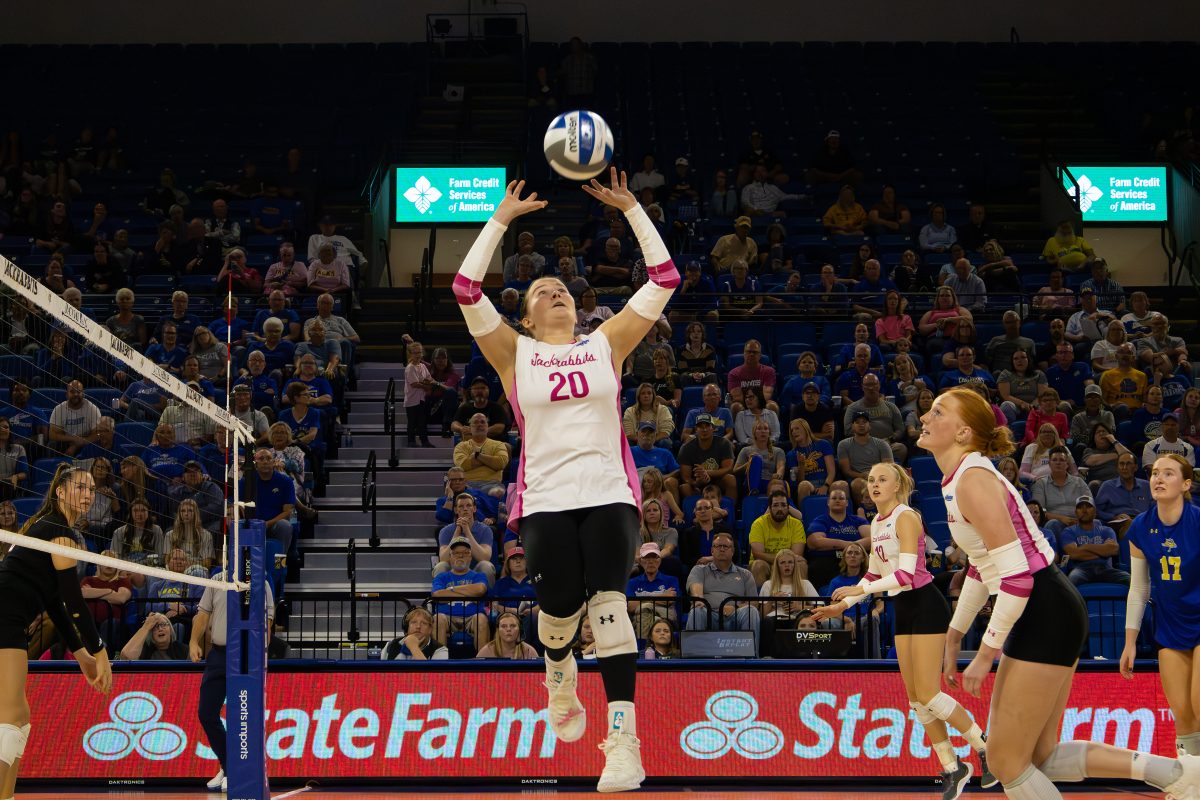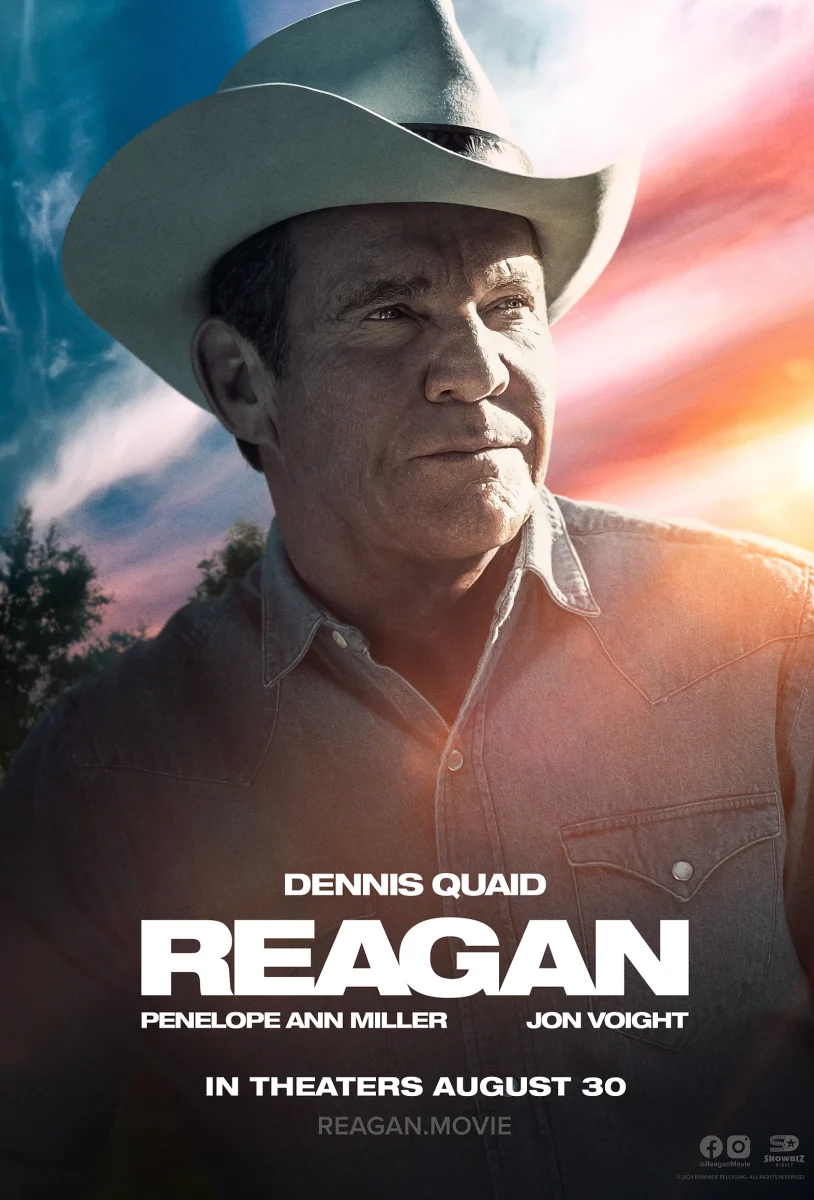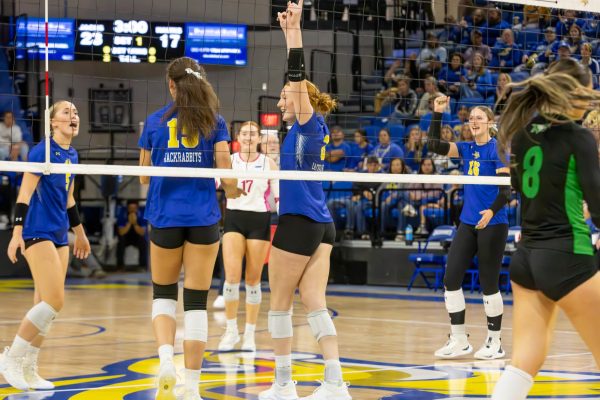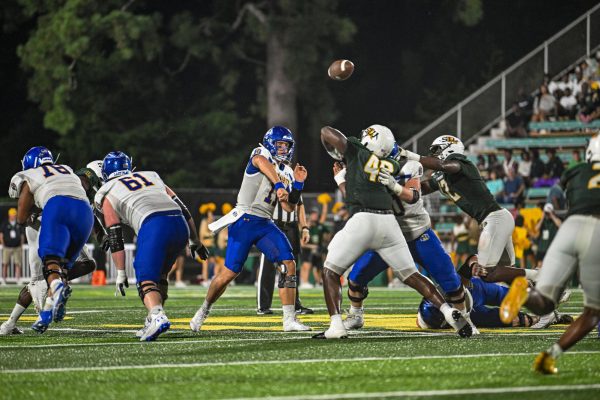Veteran’s Resource Center now reality at SDSU
April 17, 2012
After years of lobbying at both the state and university level, SDSU veterans will finally have a place on campus to call their own.
Director of TRIO and Multicultural Affairs, C.D. Douglas said there will be a space located in the Multicultural office to serve the roughly 300 veteran students at SDSU. There, veterans can access information and resources ranging from tutoring to benefits and build a sense of community. Douglas said the Veteran’s Resource Center is part of a University effort to increase veteran outreach.
“We want to make sure veterans get the service they need,” he said. “We’re trying to create a space where veterans feel comfortable and know they can always go for help.”
Reaching veterans has proved to be a challenge on campus because veterans are self-identified and have not had a dedicated space. Previously, veterans had an office to process GI Bill paperwork and used the disability services office when they needed help with disability-related issues. Douglas said the new resource center would be better equipped to serve the veteran community on campus.
The SDSU Armed Forces Association estimates there may be as many as 500 to 700 veterans and others on campus that qualify for veteran benefits under the GI bill. This would make people receiving veteran’s benefits one of the largest student groups on campus.
Danny Mclaughlin, who serves as the president of the AFA, said having a dedicated space for such a large community is vital.
“We thought, the Greeks have an office, the Multicultural Center has an office and the Native American Club has an office, why don’t veterans?” he said.
Mclaughlin said having no real space for veterans on campus hurts efforts to build community.
“A lot of service members come to school and feel alone,” he said. “We want veterans to know that we’re here for them and that they have a space they can go to be with people like them who they have a shared background with.”
Douglas said the veteran’s resource position has already been advertised; he hopes to have it filled by June. The position will be shared with disability services and dedicate 75 percent of its time to veterans affairs. One of the position’s major responsibilities is planning a special orientation session for veterans either returning to school or just beginning.
“Not having a veteran’s orientation has been one of our main complaints from the veteran community in the past few years. They have a different set of needs than the average freshman, and this is something we need to do to help ease their transition into college life,” Douglas said.
The veteran’s resource center is a start, Douglas said, but in the future he hopes to provide more services for veterans, including a counselor trained to deal specifically with post traumatic stress disorder and a full-time financial aid administrator specializing in the GI bill.

